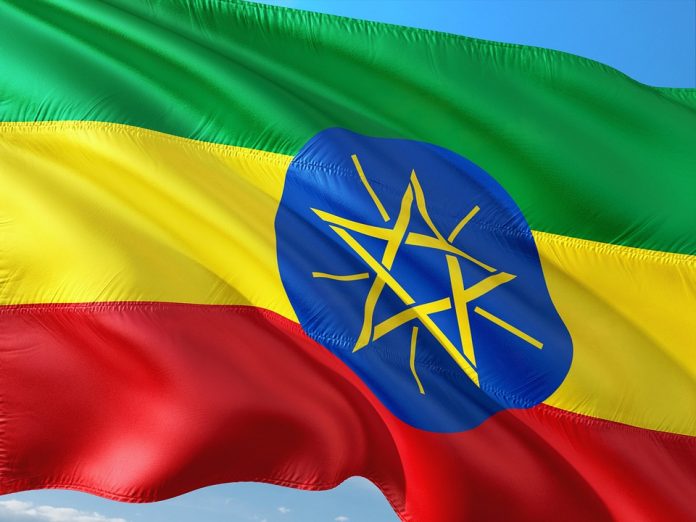Ethiopia is widely know for its complex and multilayered ethnic conflicts owing to a wide diversity of tribes and cultural practices. Ethnic conflict has once again taken centre stage and brought it to the notice of world news. The African nation is known throughout the world for having a large number of tribes with diverse socio-cultural practices and once again fresh conflict has brewed in the country, but this time the conflict has erupted not between two conflicting tribes but between the federal government and the powerful regional administration of Tigray.
The conflict between the Federal Government and the regional administration of Tigray was sparked off on November 4 and ever since then, the African nation has been grappling with an unprecedented crisis. Refugees are streaming out of the country in unprecedented numbers and escaping to Sudan. Sudan too is undergoing its second wave of coronavirus and the cases here are spiralling with each passing day.While it is experiencing its second wave, the country is also having to deal with the worst locust attack in decades causing unprecedented damage to its crops and agricultural produce.
What Really is Behind the Unrest in Ethiopia?
It has to be understood that the African country of Ethiopia has multiple regional federations running it on a day to day basis. Tigray is a minority region in Ethiopia and its administration under the Federal government is heavily influenced by the Tigray People’s Liberation Front(TPLF) which has a predominant say in its functioning. The Tigray government also has multiple militia forces and a powerful army. The governance has been termed as both regressive and repressive.
The Federal Government in Ethiopia and the Tigray regional forces have been under tussle and both regard the other as illegal.
This tension between the two parties was amplified when PM Abiy Ahmed came to power in 2018 and sidelined the leadership of the Tigray which had so far enjoyed a dominant say in Ethiopia’s politics.He also tore apart the powerful ruling coalition led by the TPLF and introduced the Prosperity Party.
This did not go down too well with the TPLF which saw it as an attempt to break it apart and weaken the federation.Many people in Ethiopia welcomed the leadership of Abiy and welcomed his move to bring back exiled leaders.
His popularity swept through the region and he was thought of as being successful in ushering in peace after a long haul. He was widely seen as a unifier as he was born of parents from both the Christian and Muslim origins and really convinced the people of Ethiopia that with him, the country’s fate would change too.
He introduced a series of political reforms in a long repressive political history of the country and even introduced a peace deal with Ethiopian enemy, Eritrea.
But while all this was shaping into a reign of popular acceptant for Abiy, tensions were brewing between him and the TPLF.
While Abiy postponed the elections in the country which were long overdue owing to the pandemic, the TPLF opposed the decision and in turn Abiy threatened to pull down federal funding. This escalated the tensions between the two and fighting began between them, Abiy had alleged that the Tigrayans had attacked the national military base in Ethiopia.
What is the Condition of Ethiopia Now?
The tensions have escalated between the two parties and Ethiopia is burning in the fire of political rivalries. While Tigriyan forces who have always been hostile towards Abiy have confirmed firing missiles at Eritrea’s Capital citing that it had been supporting the Ethiopian federal government for targeting the region, the prime minister has resisted the moves and opposed the Tigriyan leadership like always.
The conflict has resulted in the fleeing of more than 25,300 refugees from Ethiopia to Sudan. Most of the refugees fleeing Ethiopia are women and children who are hungry and homeless.
The United Nations has taken note of the humanitarian crisis and has said that it expects over 200,000 refugees to enter into Sudan in the coming weeks.
Looking at the growing humanitarian crisis it becomes evident that the coming weeks will be utterly difficult for Ethiopia and it will require a great degree of assistance to deal with the massive refugee crisis.













